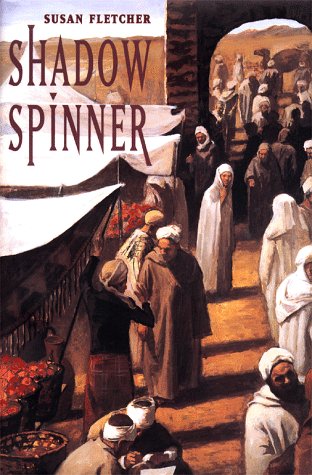Systematic Student:
travel
Review: Fallout by Ellen Hopkins

Review: Heart of Darkness by Joseph Conrad

Review: Daughter of Xanadu by Dori Jones Yang

Review: The Traveling Trunk Adventures 1 & 2 by Benjamin Flinders

Review: Hope in Patience by Beth Fehlbaum

Review: The Thief by Megan Whalen Turner

Review: Fallen by Lauren Kate

Review: Firelight by Sophie Jordan

Review: Zan-Gah by Allan R. Shickman

Interview with author Jennifer Echols!!

Giveaway: Shadow Spinner by Susan Fletcher — CLOSED

Interview with Diane Zahler + giveaway! — CLOSED

Interview with Zoë Marriott

Jessica Day George Prize Pack #2, Courtesy of Sierra

Review: A True Princess by Diane Zahler

Interview with Donna Jo Napoli!

Two Fairy Tales by Oscar Wilde
Review: Beastly by Alex Flinn

Review: Sun and Moon, Ice and Snow by Jessica Day George

Why Fairy Tales Are Magic~ a guest post from Zoë Marriott

















